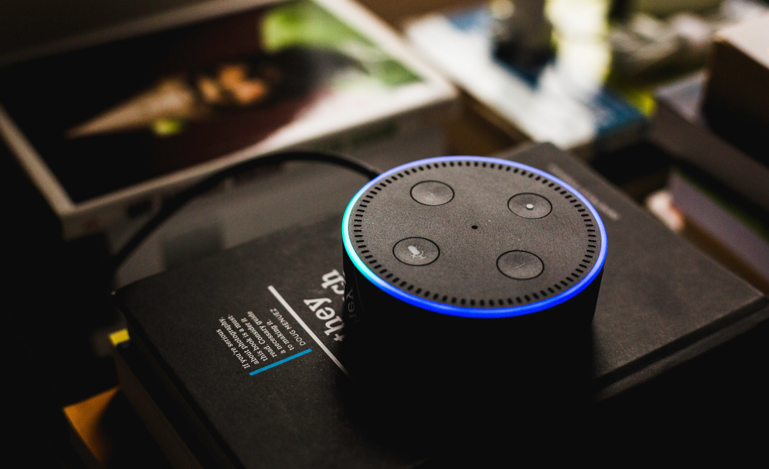
By Areeq Chowdhury.
Earlier this year, the World Health Organization listed ‘vaccine hesitancy’ amongst Ebola and climate change, as one of the top 10 ten threats to global health in 2019. This phenomenon has been linked with the 300% rise in global cases of measles and partially credited to the so-called ‘anti-vax’ movement which aims to discourage parents from vaccinating their children against common diseases. In an age of fake news, how do we protect ourselves against intentionally and unintentionally inaccurate content online? In the case of healthcare, how do we ensure that patients receive good quality, verifiable, information which will not result in misdiagnosis and misinformation? One such approach is that which Amazon has taken by ensuring that the NHS is the default source of health advice.
Despite what you may have read online, no, Alexa isn’t replacing doctors and it isn’t the alternative to calling 999. The NHS isn’t giving away patient data and Amazon isn’t being ‘entrusted’ to dispense health advice. Alexa and other tools such as Cortana, Siri, and Google Assistant already dispense health advice. If you ask your AI assistant for advice on a migraine, heartburn, or anything else, it will provide you with information from what it deems to be the most relevant website. Currently, this could be the NHS website, or it could be a random, unreliable, profit-making website which you’ve never heard of. Indeed, this is the case on search engines more generally. Try a health query on Google, Yahoo, or Bing and you will find similar results. The difference, now, is that if you ask Alexa a question about health, it will provide advice from the NHS website by default. This is a good thing.
For some, these voice assistants are a futuristic here today, gone tomorrow gimmick. For others, they are vital tools in day-to-day life, particularly for those who are vision-impaired. Ensuring that those who access advice through these AI assistants receive good quality, reliable, and trusted information is essential in the battle against misinformation. Of course, there is no silver bullet, but directing people to institutions and sources that we trust is a key step forward, whether it is healthcare or anything else. The NHS is one such establishment we can trust, or, at least, it is one we can trust the most when it comes to advice on what to do when you’re feeling ill. For that reason, the move towards making the NHS the default source on Alexa should be welcomed. The NHS hasn’t produced anything new and exclusive for Amazon and it certainly hasn’t recommended Alexa as a serious alternative to 111 or 999.
However, the debate online has opened a question which perhaps should have been asked years ago. What do tech companies do, if anything, with our health queries? Is this data used to help tailor ads? Is it sold on to third parties? Could insurance companies gain access to this information? These questions (set out in detail in a report we published last year) aren’t relevant solely to this particular news around the NHS and Alexa, but are relevant to every query entered on Google, Bing, Yahoo, or anywhere else on the internet. Data around personal health isn’t the same as data around what you’re shopping for online. Could we see a future where specific drugs are targeted at us online? We have already witnessed the infamous case of US store, Target, exposing a teenage girl’s pregnancy to her father after automatically tailored vouchers for baby products were sent to her house.
So, yes, we should ask serious questions about what exactly is happening to our health query data online, but we should not mistake this particular development with the NHS and Alexa, as one which has created a new data conundrum. If we want to combat misinformation online, we need to direct users to trustworthy sources.
As for what should happen next, we need to see two things happen. Firstly, we should investigate and clarify what happens to our health query data online. Secondly, we should push for every major search engine to follow suit in directing users to reliable information when it comes to healthcare. If they wanted, search engines could do this tomorrow without the need for approval from the NHS. We recognise misinformation as a genuine risk when it comes to our politics, and it is time we recognised it as a genuine risk to our health. Technology is often dismissed as a disease in our society, especially in recent times, but, in this case, it could well be a cure.
Areeq Chowdhury is the Head of Think Tank at Future Advocacy.